The Wagner mercenary outfit in Russia claims it has stopped hiring ex-offenders. This can indicate a change in tactics.
February 11, 2023Tweet
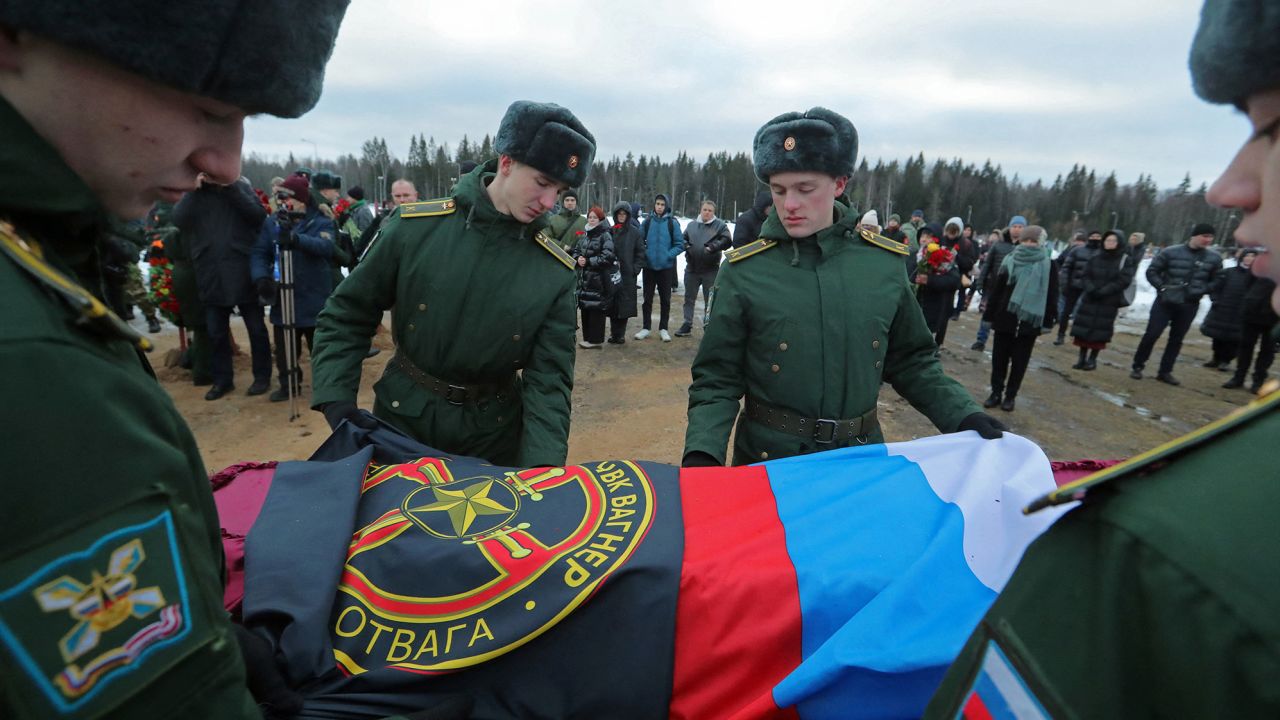
(cnn) ⸻ Yevgeny Prigozhin, the head of private military contractor Wagner, has announced that the company has discontinued the recruitment of prisoners into its PMC. There are several plausible explanations for the change of tack, such as the Ministry of Defense intervening, the operation no longer fitting Russian priorities on the battlefield, or the experiences of prisoners who completed their six-month Wagner contracts deterring others from joining up. Figures released by the Russian Penitentiary Service show that the prison population decreased by 6,000 between November and January, compared to a drop of 23,000 inmates between September and October last year. There were already signs that Wagner's prison recruitment was flagging, with lawyers and a human rights activist telling the independent Russian outlet Agentstvo that recruiters had started to threaten prisoners with new criminal cases if they did not agree to go to the front. The two Wagner prisoners interviewed this week by CNN spoke of huge losses as they were sent to storm Ukrainian positions, with fighters refusing to go forward instantly executed by commanders.
The decline of volunteers from among the prison population was in part due to information about Wagner's high casualties becoming known, and the convict campaign may have depleted Wagner's finances. Prigozhin's companies had to buy weapons and other equipment for the prison recruits, train them at camps in Russia and in occupied territory in Ukraine's eastern Luhansk region, transport them to combat areas and feed them. The finances of Wagner's parent company – Concord Management – have always been opaque, making it difficult to ascertain the sources of cash to sustain such a dramatic increase in Wagner ranks. It is also possible that parts of the Russian establishment are trying to choke off his access to resources due to his confrontation with the military establishment over its conduct of the war.
In response to CNN's request for comment on Wagner's decision to end recruitment from Russian prisons, Yevgeny Prigozhin joked that millions of US citizens had applied to join the mercenary group. Olga Romanova, with the prisoner advocacy group Russia Behind Bars, believes that the Russian Ministry of Defense is now in charge of any further recruitment in Russia's prisons. The Wagner Group's prison recruitment campaign was well publicized and widespread, netting as many as 40,000 fighters for Wagner. It is possible that the Wagner way of war no longer fits in with the Defense Ministry's plans, as the Wagner fighters interviewed by CNN said their units never had any interaction with Russian regular forces, even if there was artillery support for some Wagner assaults. As Russian forces gear up for a widely anticipated spring offensive, it is unclear how Wagner's ill-equipped "first waves" of infantry might be integrated into the campaign.
Prigozhin's declared halt to the prison recruitment campaign does not mean Wagner is out of business, as it has built an experienced and hardened cadre of fighters over the past decade. It still has sizable contingents in the Central African Republic and Mali, where Prigozhin combines training and security missions with lucrative concessions for raw materials. However, it may signal an evolution in Wagner's role in the Ukraine conflict in the coming months, as it becomes less reliant on the poorly trained "cannon fodder" who have been thrown into assaults for places like Soledar.
Comments
Related news

Russian military blogger Vladlen Tatarsky was killed, and a suspect has been charged with terrorism-related charges.
Read more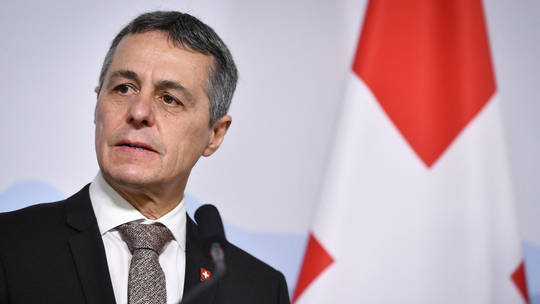
Russia denies "secret" Ukrainian negotiations.
Read more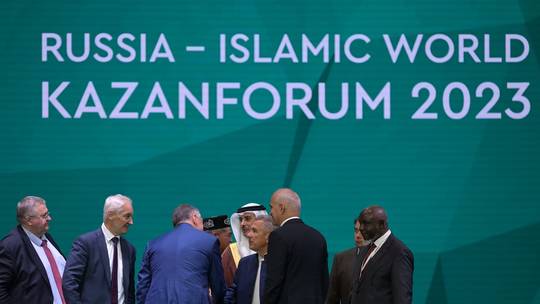
Russia and the Islamic world share a geopolitical vision, according to Syria's ambassador.
Read more
Ethiopia claims that the "special forces" have all been dismantled.
Read more
As the death toll approaches 100, fighting has gripped the capital of Sudan for three days.
Read more
FBI claims "very probable" Covid origin
Read more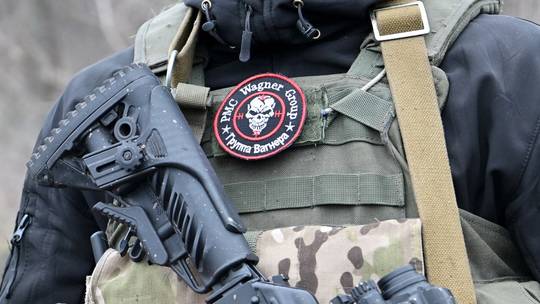
WaPo: US had a covert plan to assassinate Wagner PMC commanders
Read more
Russia sanctions investigation involving Binance
Read more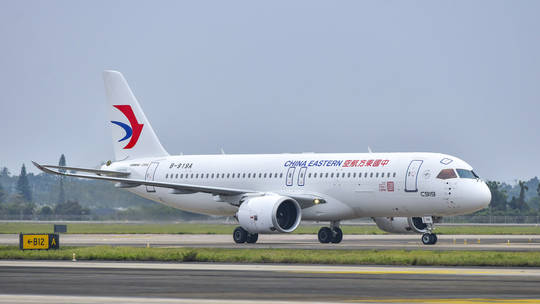
US prepared to forbid Chinese aircraft from flying over Russia, according to NYT
Read more